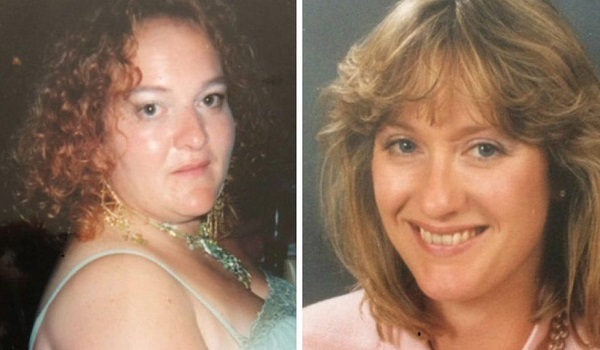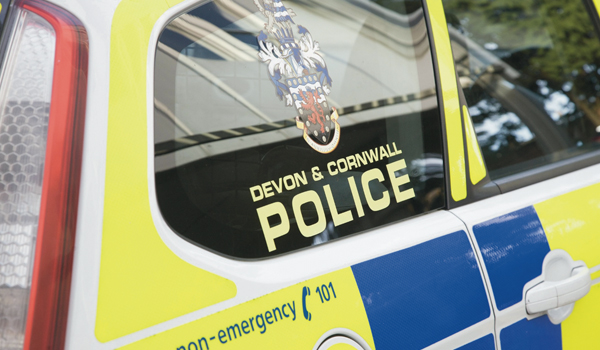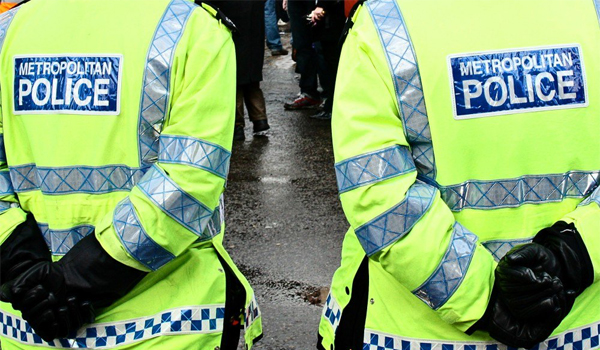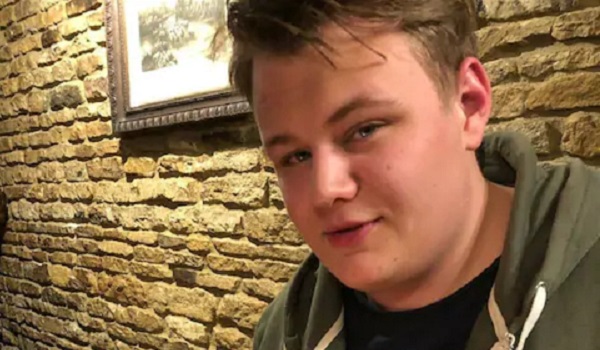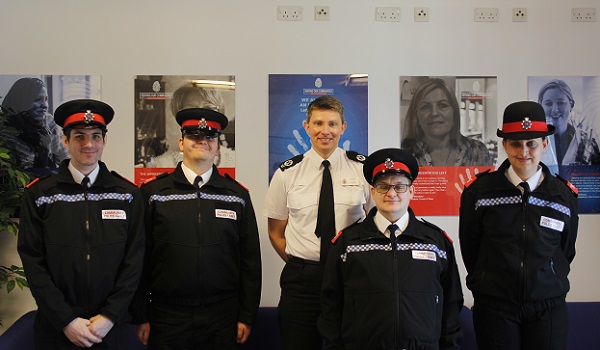Police failings caused or contributed to death of Susan Nicholson, jury finds
Failings by Sussex Police caused or contributed to the death of Susan Nicholson at the hands of killer Robert Trigg, an inquest jury has concluded.
Jurors found that the force did not take reasonable measures to avoid harm coming to Ms Nicholson, despite the fact that they knew or ought reasonably to have known there was a “real and immediate risk” to her life.
The 52-year-old was murdered by Trigg in 2011, five years after he had killed his previous partner, Caroline Devlin.
Both women were killed at their homes in Worthing, West Sussex, five years apart, but neither death was initially deemed suspicious by Sussex Police.
The coroner at the original inquest found Ms Nicholson’s death to be accidental.
After Trigg was found guilty of killing the two women, the High Court overturned the original inquest into Ms Nicholson’s death and ordered a new one be carried out.
At the inquest on Monday (July 5), jurors in Crawley read out their answers to a number of questions in relation to Ms Nicholson’s death, including possible failings by Sussex Police.
This included what police knew at the time and whether a lack of action contributed to her death at the hands of Trigg.
Ms Nicholson’s parents, Peter and Elizabeth Skelton – who have campaigned for a decade for their daughter’s death to be adequately investigated – were in court to hear the verdicts.
The jury concluded that Sussex Police knew or ought reasonably to have known that Trigg posed a real and immediate risk to Ms Nicholson’s life.
They also found that the force did not take such measures as could reasonably be expected of them and that this caused or contributed to Ms Nicholson’s death.
Jurors also found that the decision to declare the death of Ms Devlin unexplained, and/or not to launch a homicide investigation, was a significant failure.
They said there was a “realistic possibility” that Ms Nicholson’s death may have been prevented if Ms Devlin’s death had been declared and investigated as suspicious.
The jury was also asked whether the decision by the pathologist (instructed by the coroner) not to refer the death of Ms Devlin to a Home Office forensic pathologist, when they were unable to find the site of any ruptured aneurysm, was a significant failure, and if this caused or contributed to the death of Ms Nicholson.
They found that it was a significant failure and that it did cause or contribute to her death.
Earlier in the inquest a timeline of events had been read out revealing that the police had been attending reports where Trigg was verbally or physically abusing women since 2003.
Between 2003 and 2005, officers were called five times to incidents involving Trigg abusing Ms Holland.
The following year on March 26, Mother’s Day, Ms Devlin was found dead in her bedroom at the house where she lived with her four children. Trigg, her boyfriend at the time, said he had found her unresponsive but did not call the emergency services.
Police ruled the death as non-suspicious, and a post-mortem examination concluded Ms Devlin had died of natural causes.
Trigg began a relationship with Ms Nicholson and moved in with her in 2010. From then until her death on April 27, 2011, police were called another three times.
Former detective inspector Nigel Brown, who made the decision to classify Ms Devlin’s death as non-suspicious, said while at the time there appeared to be the “potential” for Trigg to be violent to partners, he only had one caution for domestic violence.
Mr Brown said: “If you’re asking me was the fact that Trigg was known to me at the time, which he obviously was, to have had a violent relationship with a previous partner which resulted in him being cautioned for common assault I would have said that that was a potential indicator that I needed to take into account.
“There was obviously potential for violence in his subsequent relationships and therefore Caroline Devlin.”
When asked if he should have looked at other reports of violence carried out by Trigg before making his decision Mr Brown added: “There was a potential for violence in the relationship with Caroline Devlin but no proof of it at that point.
“What it would have done would be to make me far more aware that what we needed to do was focus on the search for evidence at the scene.”
In a statement after the inquest, Mr and Mrs Skelton said: “This inquest has explored the failures of the police to protect Susan and to adequately investigate Caroline Devlin’s death.
“We are pleased and relieved that the jury have recognised what seemed apparent to us; that the police did not do enough to protect Susan, nor did they do enough to investigate Caroline’s death.
“It took six years for Trigg to be prosecuted for the murder of our daughter Susan, and the manslaughter of Caroline.
“Throughout this time, during which we were mostly acting alone without legal representation, we tried again and again to persuade Sussex Police to properly investigate Susan’s death.
“We were ignored and spoken down to. We were treated like a nuisance and it was implied that we were lying or obsessive.
“Instead of enjoying our retirement years, we have suffered mental torture for over a decade fighting to get justice for Susan.
“Our efforts over the 10 years since Susan’s death have not made this process or this outcome any less distressing.
“We hope that Sussex Police will reflect on all the jury’s conclusions, and ensure that victims of domestic violence, and their families, are better treated in future.”
Following the conclusion of the inquest, the force issued a fresh apology to the family of Susan Nicholson and said that, as part of its commitment to transparency, it would shortly be publshing a review of the way complaints from her family were handled.
Sussex Police Assistant Chief Constable Fiona Macpherson said: “Susan’s family and friends have waited a long time to hear all the facts surrounding her death and our thoughts remain with them, and with the family of Caroline, at this difficult time.
“Further to the apology that the former Chief Constable offered to the families in 2017, I apologise for the failings of the force in relation to the deaths of both Caroline Devlin and Susan Nicholson.
“As the Coroner noted in her closing remarks, Sussex Police have made extensive changes and improvements in the way in which it responds to cases involving domestic abuse in the ten years since Susan’s death. Learning from these two cases has been used as part of our work to comprehensively revise our policies during this period.
“We respect the findings of the jury, and we now need to pause to reflect on these before deciding on any further action.”


